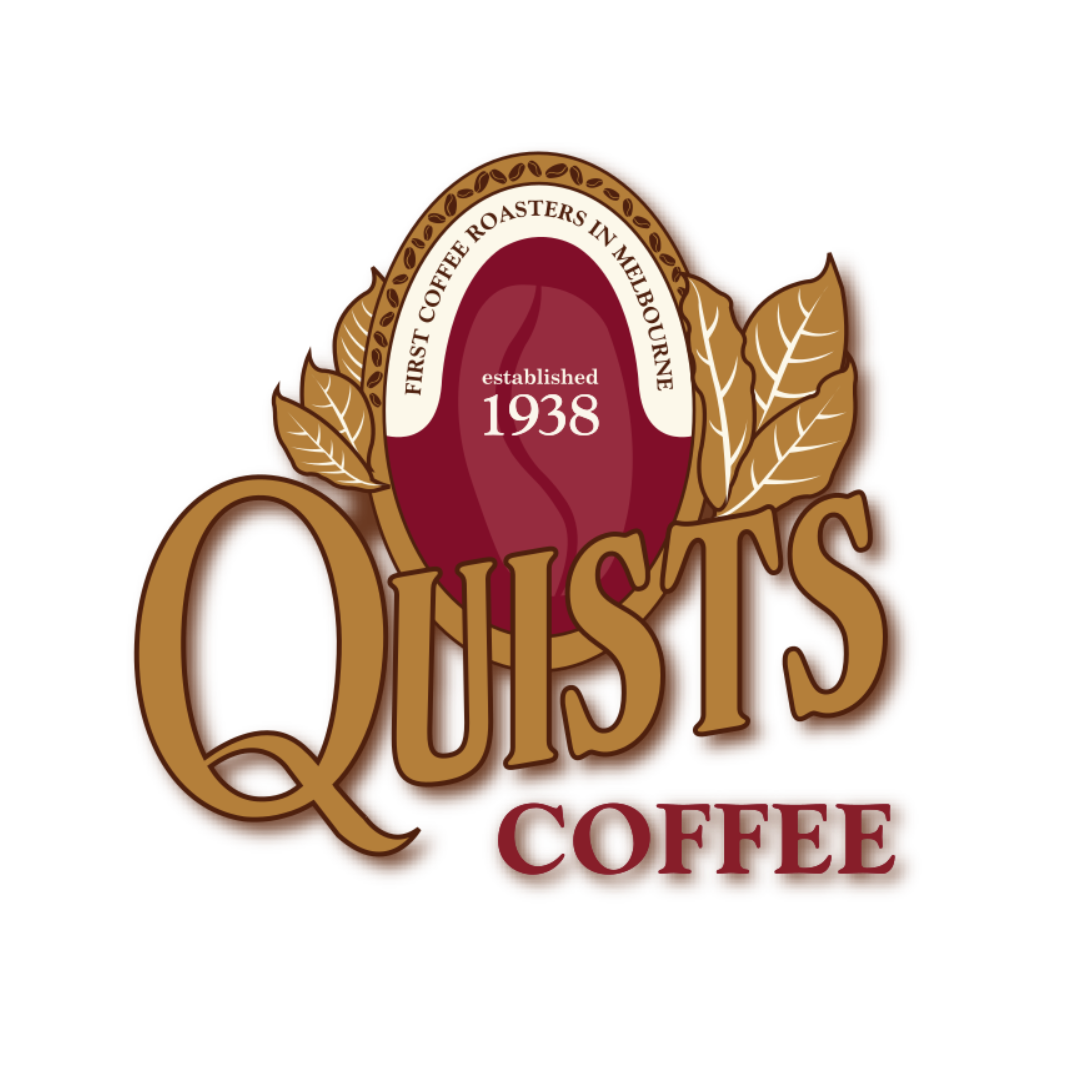BLACK HONEY PROCESSING
The Black Honey process is a drying process where part of the cherry remains on the bean and is covered while drying. The Honey name is a bit misleading because people tend to associate honey with bees or a honey-like flavour profile. Instead, the term ‘honey’ relates to the ‘mucilage’ (sticky substance) left on the coffee bean.
Traditional fully-washed coffees have the skin and pulp removed by mechanical washing, but during the honey process the producer will use a hand-roller which gives them full control of the level of mucilage left on the beans. This process is the most complex, laborious and expensive way to produce green coffee, but it results in a rich-bodied, flavourful coffee unlike any other. Farmers start by picking only the ripest cherries from the trees, these cherries contain a high amount of sugar and acids which are important for fermenting the green beans.

Next, they’ll start the delicate process of drying the green beans. The beans need to be dried at exactly the right pace, if the beans are dried too quickly the flavours from the mucilage won’t be absorbed by the green coffee beans. If the beans are dried too slowly there is a chance of over-fermentation where the beans might become mouldy. The delicate balance starts by stirring or moving the beans around several times an hour until there is an even moisture percentage through all the beans, which will usually take 8-10 hours. The following 6-8 days the beans are raked once a day while drying to even out the moisture absorbed over night.
Honey processed coffees are a true specialty coffee even before being expertly roasted. The green beans present sweet, fruity undertones, and a balanced acidity with depth depending on the which honey process is used.
Honey processed coffees are a true specialty coffee even before being expertly roasted. The green beans present sweet, fruity undertones, and a balanced acidity with depth depending on the which honey process is used. There are three levels of honey processing, black, red and yellow. The major difference is the drying time, techniques and mucilage; the higher the mucilage, the stronger the flavours.
YELLOW HONEY
Yellow Honey has the fastest drying, where the coffee receives full-sunlight giving the coffee a light-yellow colour by the time it has reached its proper finished moisture level.
Dry time: 8 days
Technique: exposed to full-sunlight while drying.
Flavour profile: apricot-like, light and floral.
Mucilage: 50%
RED HONEY
Red Honey takes longer to dry, usually developed during cloud cover, often taking about 12 days to finish drying.
Dry time: 12 days
Technique: typically processes during cloud cover.
Flavour profile: sweet and syrupy.
Mucilage: 75%
BLACK HONEY
Black honey is the most complex, laborious, and expensive. This is because it takes the longest time to ferment and takes up space on the drying beds for up to twice as long compared to yellow & red honey processing.
Dry time: 15 days
Technique: covered by a black plastic tarp while turned on raised African-style beds.
Flavour profile: full-bodied, sweet with fruity/pulp depth.
Mucilage: 100%
